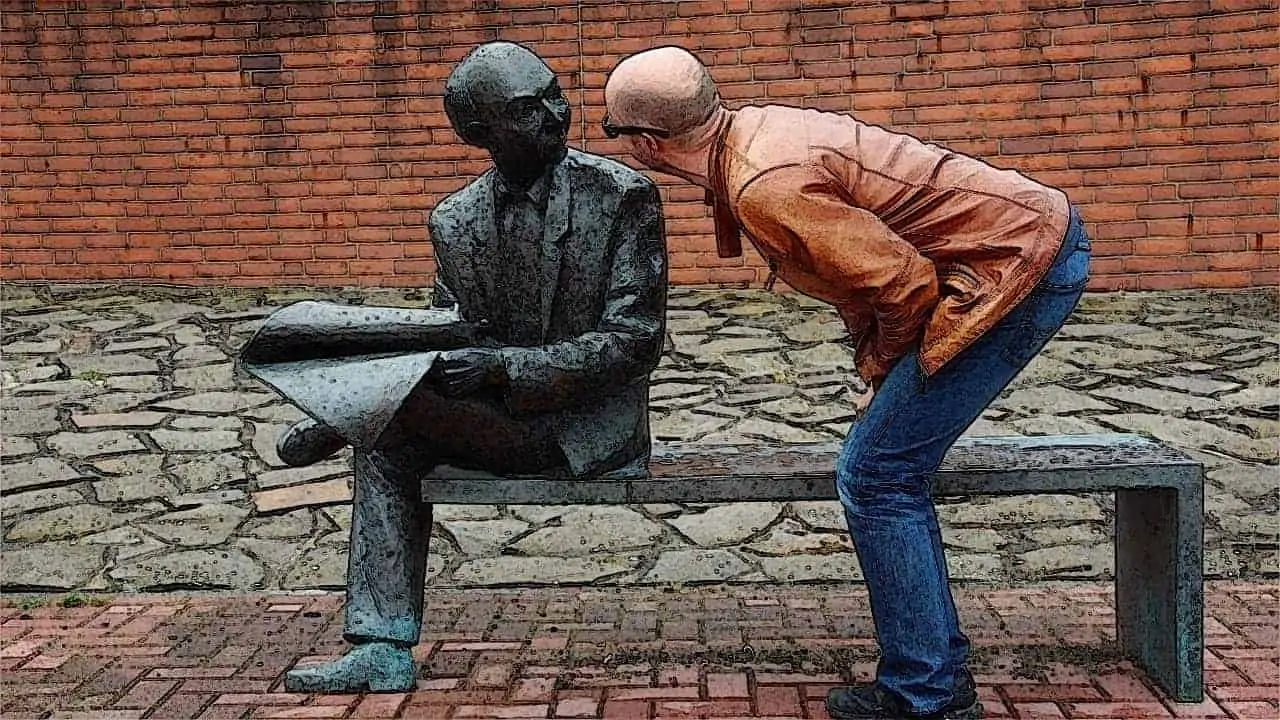Today's Friday • 5 mins read
— By Dr. Sandip Roy.
Curiosity is hardwired into our brains. We see it in children in truckloads. Their endless questions can drive any parent to the verge of losing their calm.
Neuroscience tells us that exploring and learning about the world around us is linked to our brain’s reward system. Satisfying our curiosity makes us happy, making curiosity a powerful motivator for positive change.
Being curious can increase our success and ability to bounce back from failure. However, unfortunately, curiosity tends to fade as we grow older.
So, how curious are you at this point in your life?
How Curious Are You? A Quick Check!
Curiosity drives us to explore, learn, and grow. Take this short, informal quiz inspired by psychological research to reflect on your own curiosity tendencies. This is for self-reflection and not a clinical diagnosis!
Your Curiosity Score: /70
Interpretation: This score indicates your overall tendency towards curiosity across various dimensions.
- Score 10-30: You might have a more focused or reserved approach to new information and experiences. Perhaps you engage with specific areas of interest more deeply.
- Score 31-50: You show a good balance of curiosity. You likely enjoy exploring new things, learning, and engaging with the world around you.
- Score 51-70: You exhibit strong curious tendencies! You are likely driven by a strong desire to explore, understand, and seek out novel, uncertain, complex, and ambiguous experiences.
This quiz is for self-reflection only and is **not a substitute for professional psychological assessment or advice.** If you have significant concerns about your levels of curiosity, engagement, or any related psychological well-being, consulting with a qualified mental health professional (such as a psychologist or therapist) is highly recommended for a comprehensive evaluation and personalized guidance.
*Source Scale: Kashdan, T.B., Stiksma, M.C., Disabato, D., McKnight, P.E., Bekier, J., Kaji, J., & Lazarus, R. (2017). The five-dimensional curiosity scale: Capturing the bandwidth of curiosity and identifying four unique subgroups of curious people. For more details and all questions on the scale, see the scale’s page on Todd Kashdan’s website.

How Curiosity Fuels Our Desire For Knowledge
Curiosity is more than just a passing interest; it’s at the core of our quest to explore and understand our world.
Curiosity activates our brain's reward system in two ways:
- When we feel curiosity (anticipation of reward), and
- When we satisfy that curiosity (receiving the reward).
When we’re curious, specific areas of our brain linked to the reward system light up. This system controls pleasure and reinforces behaviors, mainly through the neurotransmitter dopamine (“feel-good chemical”).
When we satisfy our curiosity, we feel joy and accomplishment. This creates a positive feedback loop that reinforces our curious behavior. And motivates us to explore more, ask more questions, and seek out new experiences, ultimately adding to our knowledge and skills.
Curiosity Arises ↠ Pursuit of Information/Experience ↠ Dopamine Release ↠ Positive Reinforcement ↠ Continued Exploration and Learning
Final Words
Six ways to increase your curiosity:
- Embrace Uncertainty: Tom Cruise says, “Don't be afraid to be afraid.” That's great advice. Instead of fearing the unknown, see it as an opportunity to learn about the unknown. Not everything has a clear answer, and that's okay. Allow yourself to explore without the pressure of finding certainty.
- Ask Questions: Make it a habit to ask “why” and “how” about things you encounter. Saw a picture of the Milky Way on social media? Explore some questions on it. This simple practice can increase your level of curiosity about new topics.
- Explore New Experiences: Try something outside your usual routine, like visiting a new place, taking a different route to work, or trying a new hobby. Novel experiences can stimulate your curiosity and open your mind to new ideas.
- Read Widely: Diversify your reading material. It may seem difficult, but try reading different genres, subjects, or authors. Exposure to various perspectives can ignite curiosity and inspire new interests.
- Converse With Diverse: Talk to people with different backgrounds or viewpoints. Listen to their stories and experiences. It will broaden your view of the world and spark your curiosity about their lives and ideas.
- Practice Mindfulness: Being present in the moment can help you notice details you might usually overlook. Mindfulness encourages you to observe your surroundings and ask questions about what you see, hear, and feel, fostering a curious mindset.
• • •
√ Also Read: 10 Steps: How To Forgive Someone Who Keeps Hurting You
√ Please share it with someone if you found this helpful.
» You deserve happiness! Choosing therapy could be your best decision.
...
• Disclosure: Buying via our links earns us a small commission.
